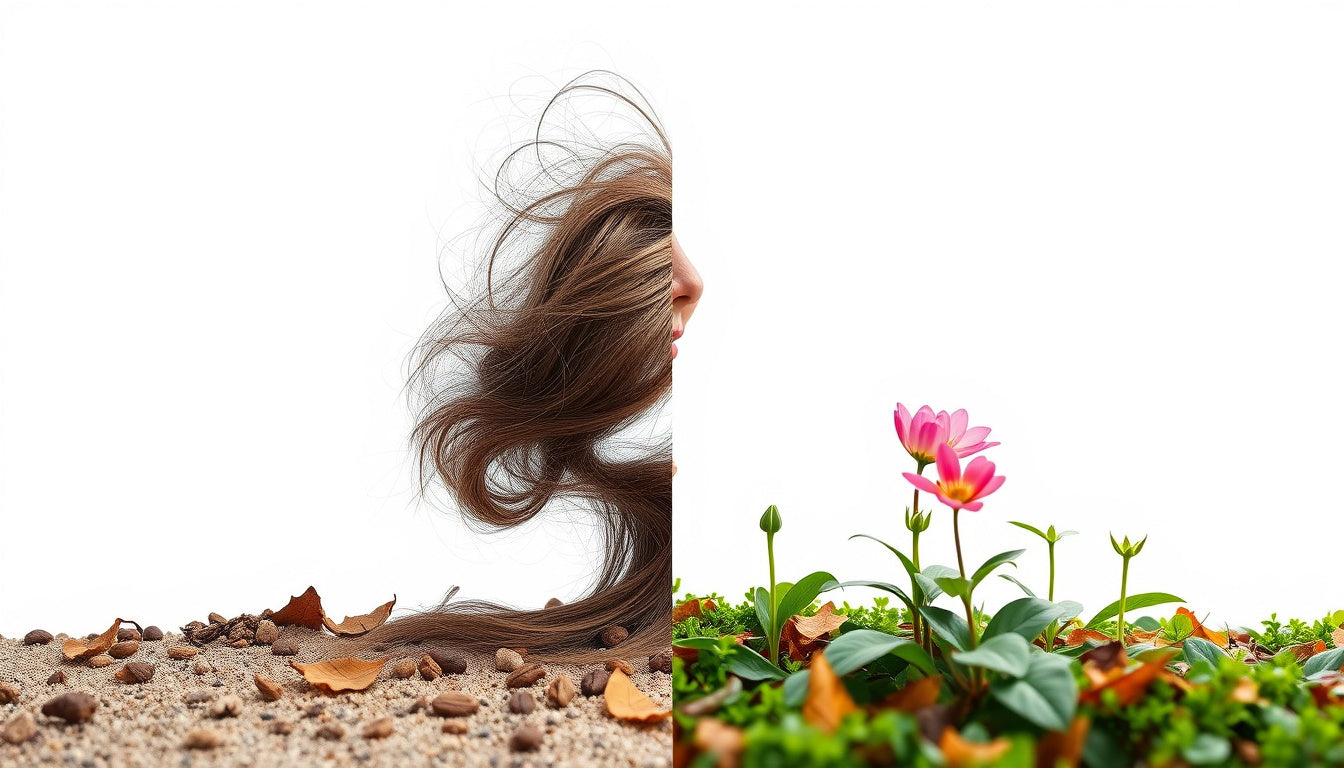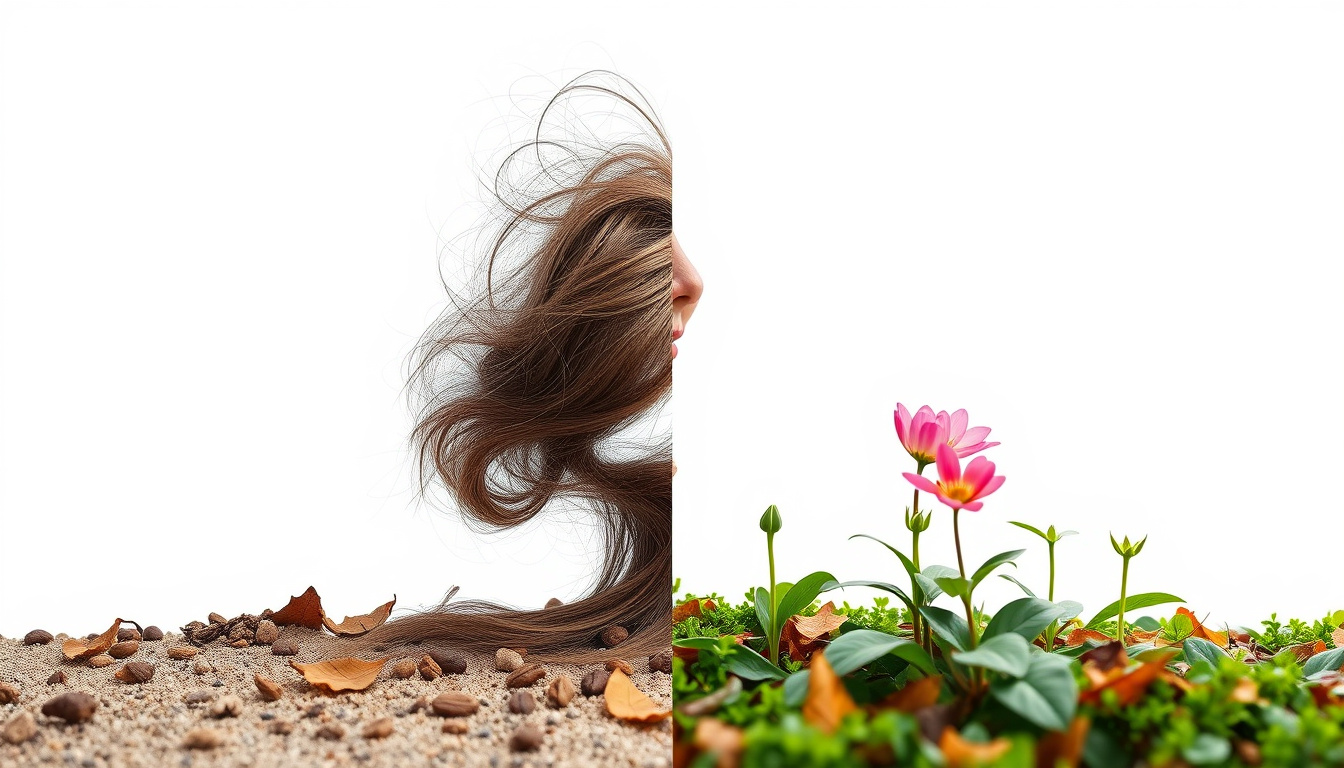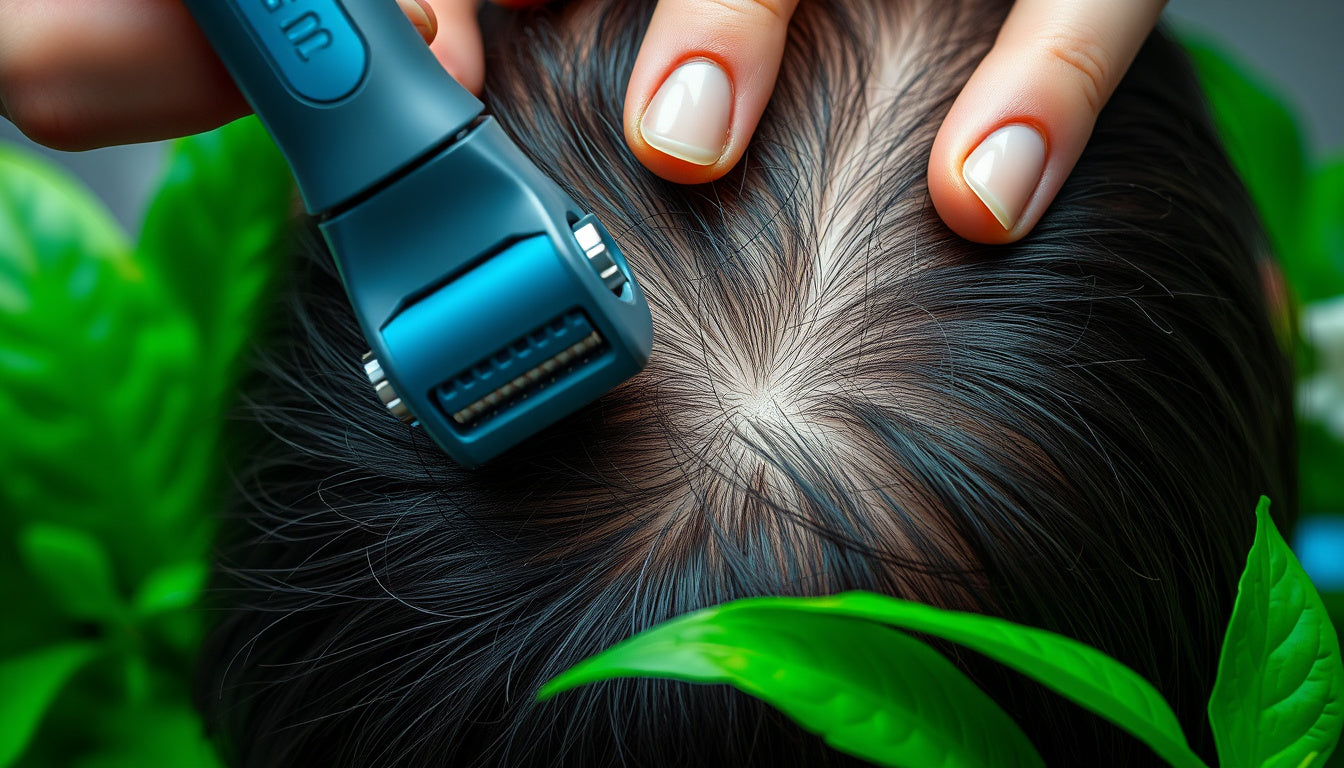
Understanding Alopecia: Is It Permanent or Can It Be Reversed?

Alopecia is a word that may spark worry and interest. Celebs share their hair loss. Regular people feel its effects too. What is alopecia? Is it forever, or can hair come back? This guide shows the facts on alopecia. It lists types, causes, and treatments. Let's dive in!
What is Alopecia?
Alopecia is an immune disorder that makes hair fall. It does not harm only the scalp. It also touches eyebrows, lashes, and body hair. There are many forms:
- Alopecia Areata: Hair falls in round patches.
- Alopecia Totalis: Hair on the head falls completely.
- Alopecia Universalis: All body hair falls.
- Androgenetic Alopecia: Genes cause common baldness.
How Common is Alopecia?
Alopecia is more common than you might think. It touches about 2% of people worldwide. People of any age, gender, and skin tone get it. It may start in childhood or early on.
What Causes Alopecia?
The exact cause is not known. Experts point to some factors:
- Genetic History: A family case of hair loss can raise your risk.
- Autoimmune Action: Your body attacks hair roots by mistake.
- Hormonal Changes: Shifts in hormones at puberty, childbirth, or menopause may start hair loss.
- Stress: Stress can cause hair to fall.
- Environmental Factors: Chemicals and toxins may bring hair loss for some.
Is Alopecia Permanent?
Many ask if alopecia stays forever. The answers change with type:
- Alopecia Areata can be short-lived. Hair may come back in patches. Some may see repeats.
- Alopecia Totalis and Universalis show less hope. Some see a bit of hair return; others do not.
- Androgenetic Alopecia tends to be long-lasting. It often gets worse. There are steps to slow it down.
Treatment Options for Alopecia
No fix works for every person. Many treatments can help. Here are some paths:
Medications
- Corticosteroids help cut swelling and slow the immune hit. They go on your skin or are injected.
- Minoxidil (Rogaine) is a store solution that can bring hair back. It works best for pattern baldness.
Lifestyle Changes
- Eat Well: A diet full of vitamins and minerals helps hair. Iron, biotin, and omega oils are needed.
- Ease Stress: Try yoga, meditation, or exercise. This helps keep your scalp calm.
Natural Remedies
For a natural boost, try Watermans Grow Me Shampoo. It mixes biotin, rosemary, caffeine, and more. The shampoo feeds the scalp and works at the hair root. It is a kind choice without harsh chemicals. Learn more at Watermans Grow Me Shampoo.
Alternative Therapies
- Light Therapy uses laser beams to help hair grow.
- Platelet-Rich Plasma (PRP) takes your blood, prepares it, and injects it into your scalp to spark hair growth.
Support and Resources for Alopecia
Coping with alopecia can be hard on the mood and mind. Many groups lend a hand:
- National Alopecia Areata Foundation (NAAF) gives info, help, and a community.
- Alopecia UK is a charity that stands by those with alopecia, with facts and peer care.
- Online Communities let people share their journeys and tips.
Did You Know?
These facts may surprise you:
- Not just about hair: Alopecia shows with hair loss and can affect feelings.
- Wigs and Hairpieces: Many pick these to boost how they feel.
- Pets can get alopecia too: Dogs, for example, may lose hair when their body acts wrong.
- Famous Faces: Stars like Jada Pinkett Smith and Chris Sacca share their alopecia stories.
- Fever or Illness: Thyroid issues and lupus may bring hair loss that looks like alopecia.
Q&A Section
Q: Can alopecia be cured?
A: There is no full cure yet. Treatments may help hair grow back.
Q: What changes help hair?
A: Eat a mix of vitamins, proteins, and minerals. A gentle scalp care routine helps too.
Q: Is alopecia seen more in men or women?
A: Alopecia can hit anyone. Pattern baldness is more seen in men. Women may see thinning hair.
Q: Can non-medical fixes help hair?
A: Yes, products like Watermans Grow Me Shampoo can help hair grow stronger.
Q: What should I do if hair loss happens fast?
A: Talk with a doctor or skin expert for a check.
Q: Can I dye or style my hair with alopecia?
A: Yes. Use mild dyes and soft methods if your scalp feels weak.
Q: Does stress cause hair loss?
A: Yes. Stress can drop hair or make alopecia worse. It shows that care for mind and body works.
Q: How can I find a support group?
A: Groups like NAAF and Alopecia UK help you meet others in the same boat.
Q: Does alopecia affect all ages?
A: Yes, it touches children and older adults alike.
By knowing more about alopecia, you learn how it works and what you can do. When hair loss shows, clear facts help. If you want a natural boost, check out Watermans Grow Me Shampoo for your hair care needs.













